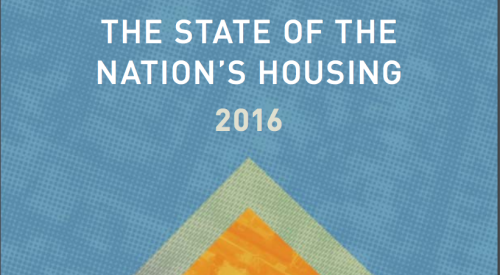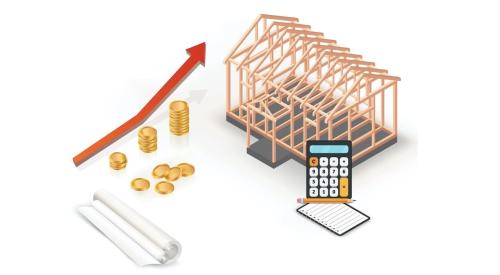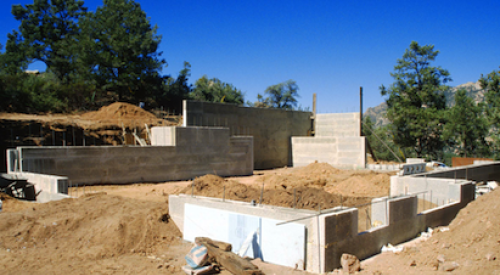With home prices reaching historic highs, many who purchased decades ago are seeing homes going for the same price they paid, leaving them with hundreds of thousands of dollars lost after factoring in renovation, maintenance, and additions. It’s nearly impossible to predict what’s in store for housing prices in a specific area, says two real estate experts. The housing market today appeared out of the blue, with many unpredictable factors playing into buyers spending more than $100,000 over asking (the pandemic, for one). One factor that has been noted for some time is the underbuilding of homes since the Great Recession.
This new housing calculus gives everyone the opportunity to buy a home and build generational wealth. And the government should support that. If only we had been giving more support to builders struggling to come back after the Great Recession. But we didn’t. As millions of homeowners went through foreclosure, thousands of small- and medium-sized home builders threw in the towel. Fewer builders took their places, and their employees moved on to other lines of work.
For the past 11 years, the United States hasn’t built the number of new homes needed to keep up with the rate of household formation, which has increased by more than 10 million in the past 11 years, according to the Federal Reserve of St. Louis.
It isn’t as though builders aren’t trying. According to the Census Bureau’s July new construction report, builders are on track to complete nearly 1.4 million new residential units this year, but that includes all types of residential construction. Single‐family housing completions in July are running at an annualized rate of 954,000, up about 3 percent from June.
“Single-family starts remain almost 12 percent higher than last year. There are now almost 690,000 single-family homes under construction — the largest number since 2007. This is clearly a positive sign given the remarkably low levels of inventory on the market,” noted Mike Fratantoni, senior vice president and chief economist of the Mortgage Bankers Association.













